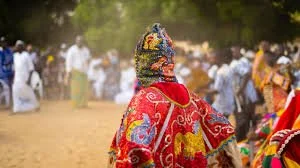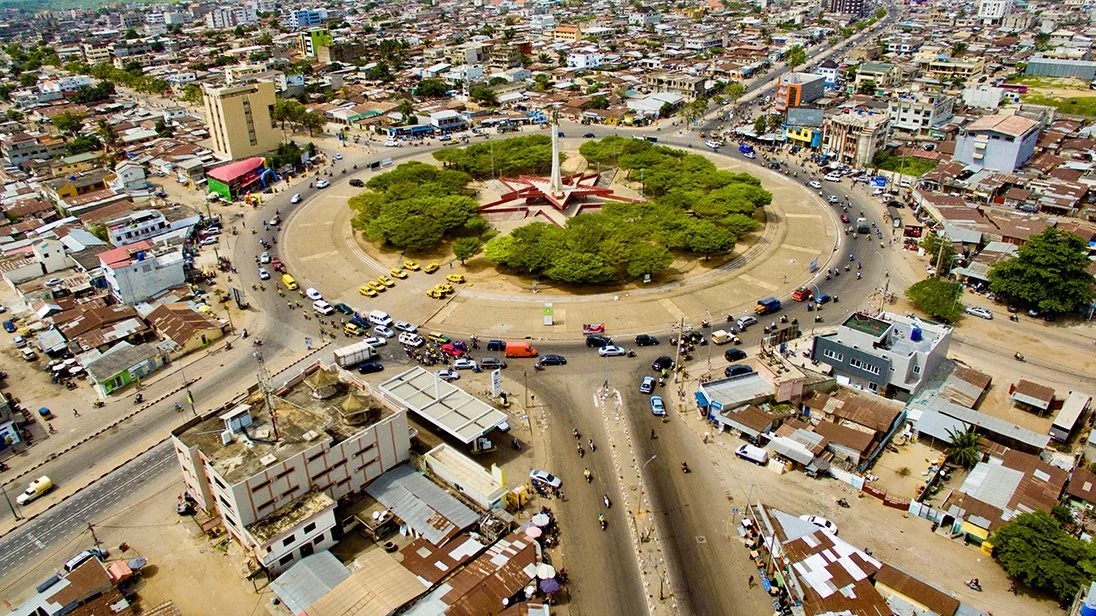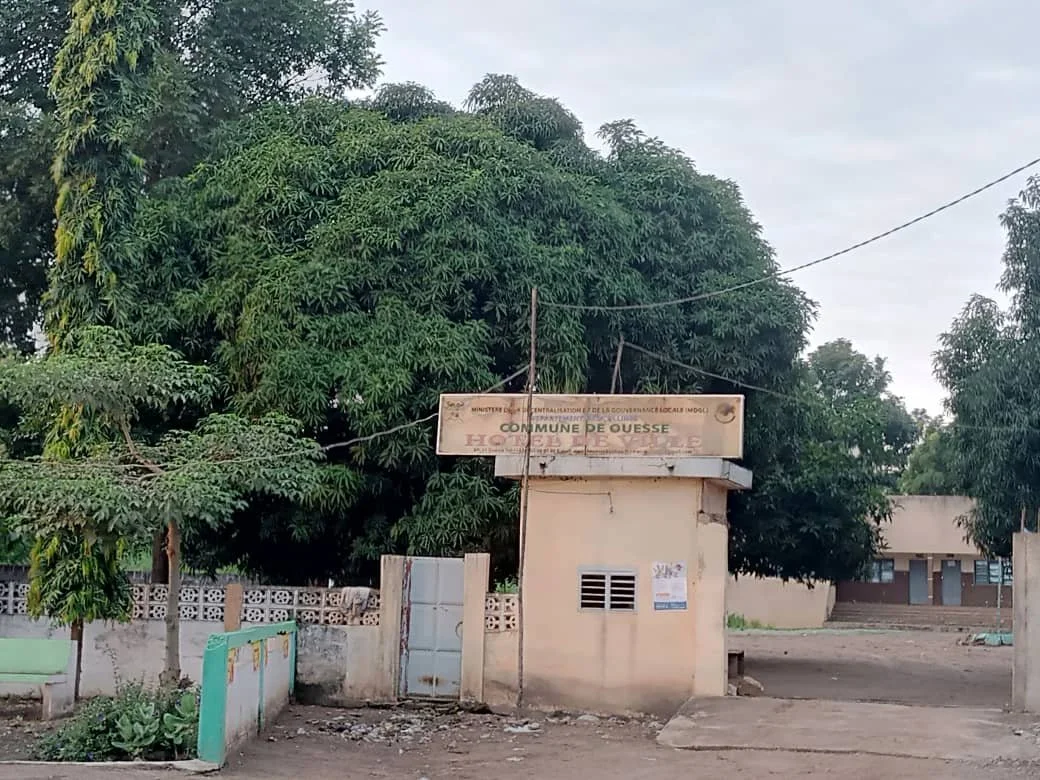Benin
First, some context. Benin is a country in West Africa; it was formerly known as Dahomey and then the People's Republic of Benin. It covers an area of over 100,000 km², stretching 700 km from the Niger River in the north to the Atlantic coast in the south. The country borders Togo to the west, Nigeria to the east, Niger to the northeast and Burkina Faso to the northwest, and is divided into 12 departments and 77 communes. Benin has two capitals: the political capital is Porto-Novo, but Cotonou is the country's economic capital and main commercial hub. The official language is French, and the currency is the CFA franc. The political system is democratic, with the president acting as both head of state and head of government.
Benin contains multitudes. It is a place of deeply held traditions and rising new industries. Benin is breathtakingly diverse, with 42 ethnic groups and 60 different languages. Benin is young. The majority of its population is juvenile: 51% are children and 25% are adolescents. This rising youth population is a major opportunity for the country; these children represent Benin’s future. If they have the opportunities they need, that future will be very bright.
But there are challenges. Benin is one of the world's least-developed countries, with one in three people living in poverty. Much of this poverty is located in the central and northern regions of Benin, where Better Tomorrow works. Most of the economy is informal and dependent on the export of unprocessed agricultural products such as cotton and cashew nuts. Many families still rely on farming as their main method of subsistence, which is becoming increasingly difficult as the climate changes. Beninese families are smart and resilient - children and adults alike face these challenges head on and are making progress. But the impact of a little external support can be profound.


